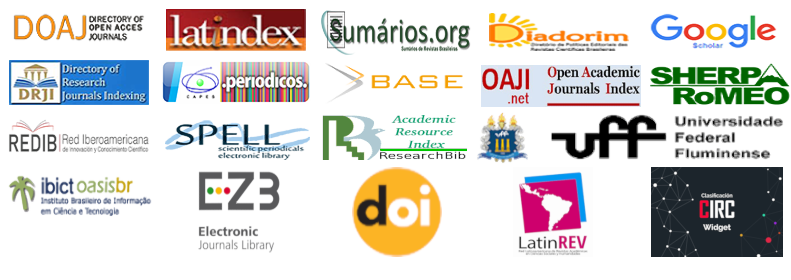Brazilian employee spin-off's survival and growth
pulled and pushed spin-offs.
DOI:
https://doi.org/10.20401/rasi.7.1.511Keywords:
Spin-off de Empregados; Sobrevivência de Firmas; Crescimento de Firmas; Empreendedorismo.Abstract
Although a stylized fact in the literature is that employee spin-off has higher survival likelihood compared to other entrants, their growth advantage is not clear in the literature. Using linked employer-employee data for Brazil we identify spin-off and differentiate between pulled (opportunity) and pushed (necessity) spin-offs, when the parent firm is active or not, respectively. Controlling for worker, firm and sector characteristics, results suggest that Brazilian spin-offs have higher growth and survival rates compared to other entrants. When comparing pulled and pushed spin-offs, both have similar survival rates, but pushed spin-offs have lower growth rates than regular entrants and pulled spin-offs. Besides, SIMPLES Nacional has import role in keeping firms alive but limiting growth and jobs generation.
Downloads
Downloads
Published
Issue
Section
License
Copyright (c) 2020 Review of Administration, Society and Innovation

This work is licensed under a Creative Commons Attribution 4.0 International License.
RASI, in accordance with Law No. 9,610 of February 19, 1998, which amends, updates and consolidates Brazilian copyright law and makes other provisions, adopts the following conditions of the Copyright Assignment:
1. RASI maintains, with the transfer of copyrights, the possession of rights over the content published;
2. The author retains his moral rights of the content, including the right to be identified as the author whenever the content is published;
3. Despite the attribution of copyright, the author retains the right to reuse the material in future collections of his own work without encumbrance. The acknowledgments of the previous publication in the RASI are the only requirements in such cases;
4. The author may make photocopies of the content, or distribute it by electronic mail or fax, provided that they are intended for their own classes and for the purpose of meeting research objectives, provided that: (a) such copies are not resold and (b) reference to the original source of the publication and the name of the RASI are clearly indicated on all copies made of the document.











